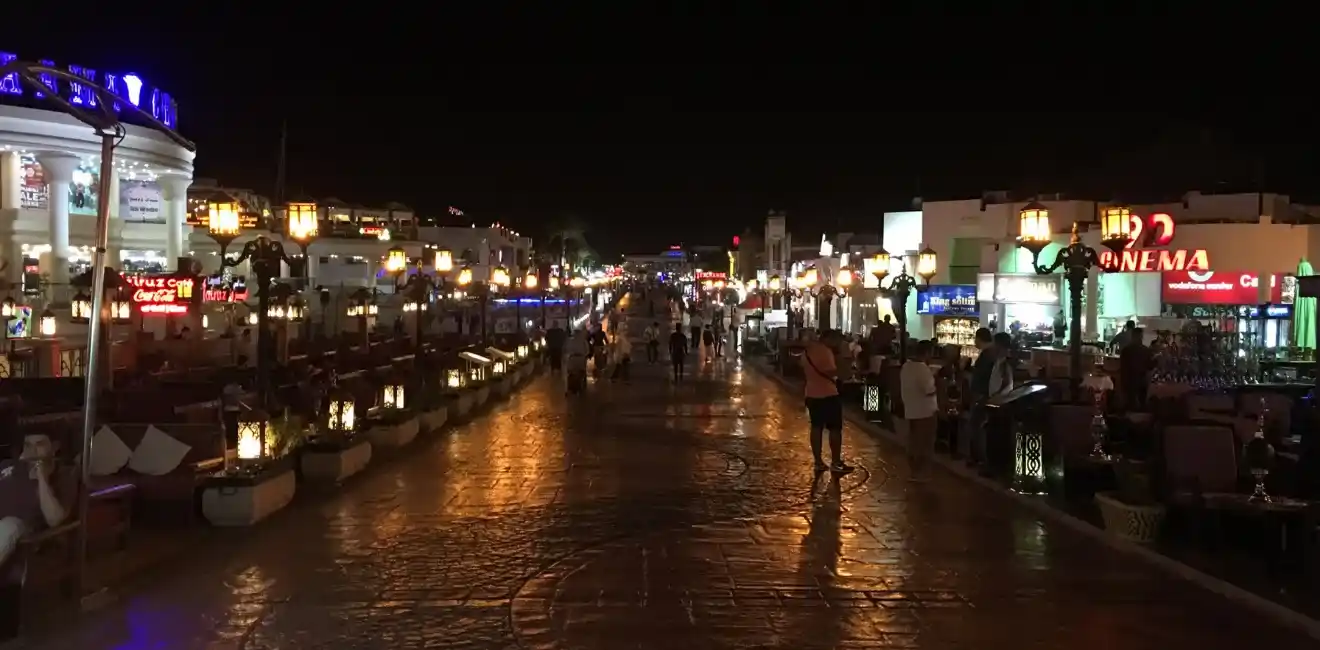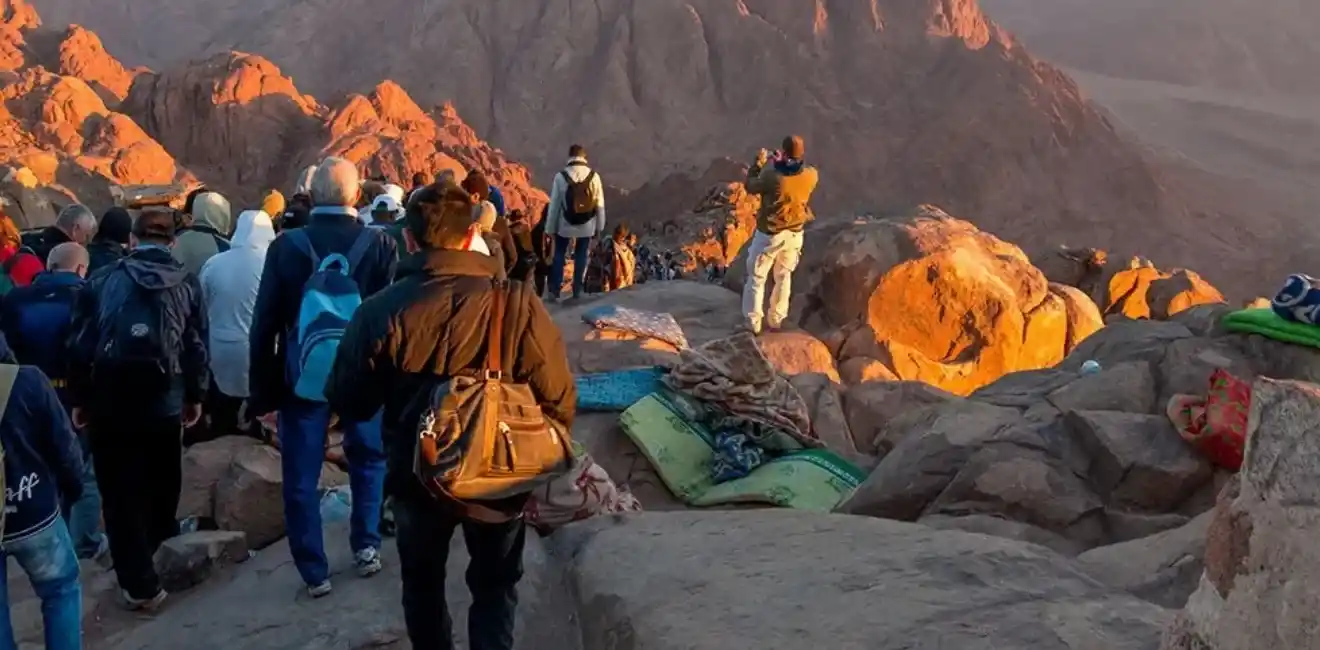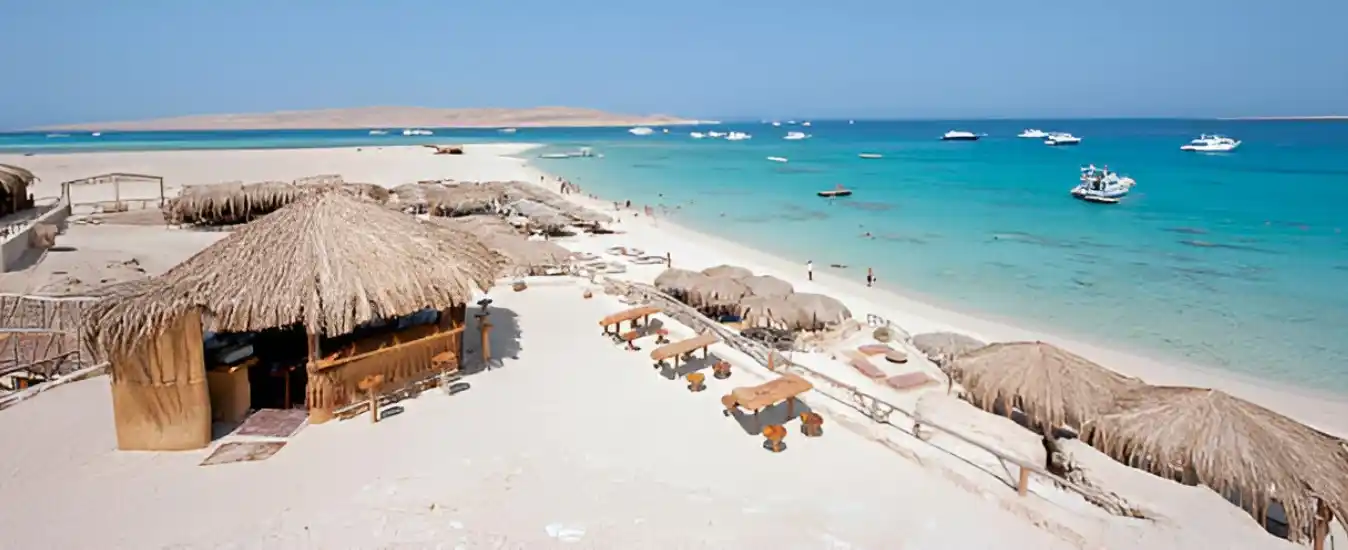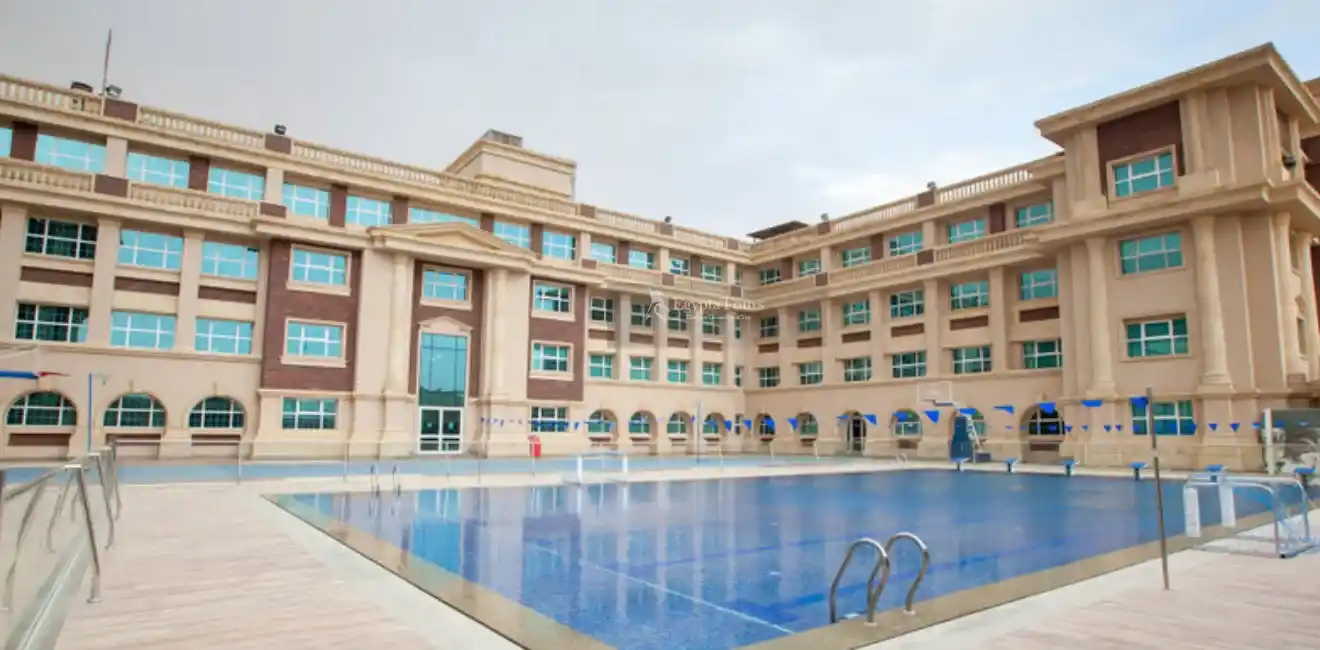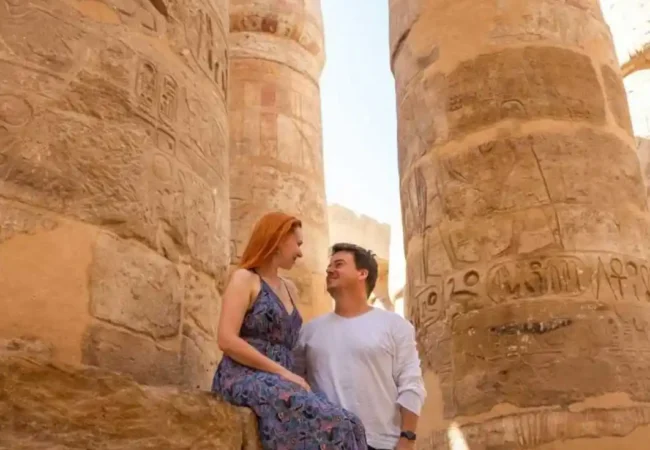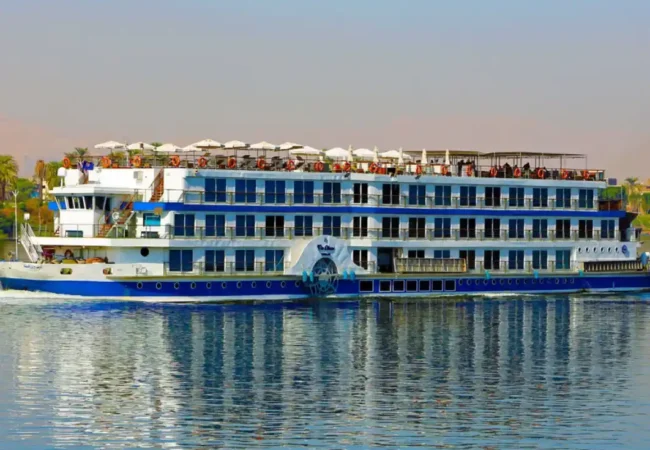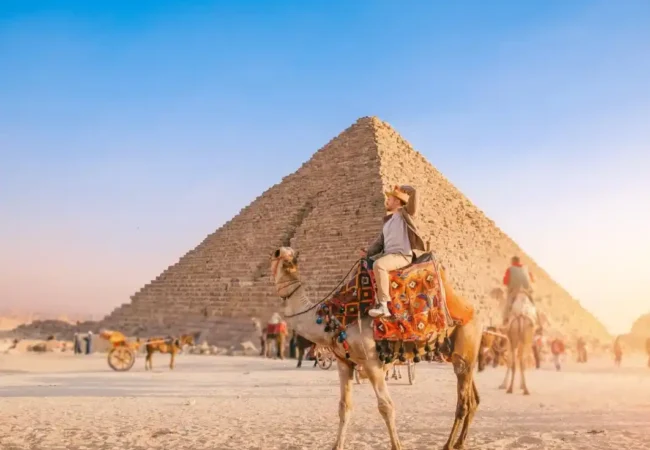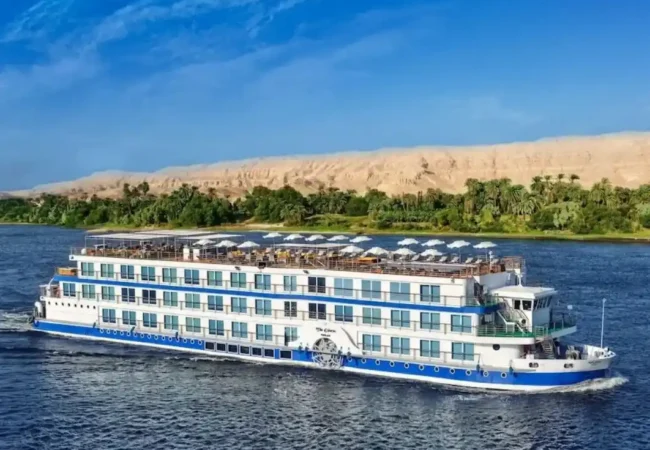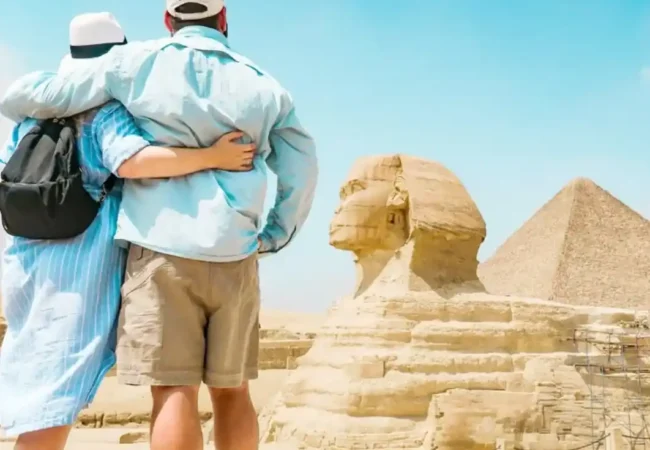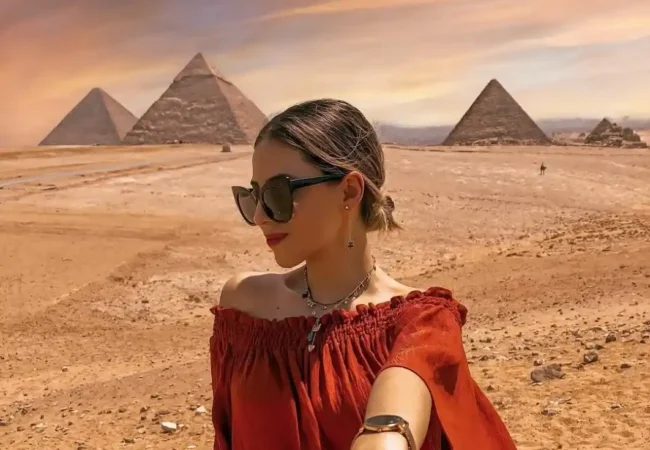
Education in Egypt
Education began in Egypt from the era of the ancient Egyptians, who contributed to the invention of writing and recorded the ancient Egyptian language in hieroglyphic script. During their era, the first school and library in human history were established.
Some features of education changed with the entry of Christianity into Egypt in 60 AD, and schools were attached to churches instead of temples. The Theological School in Alexandria was established.
After that, the Islamic conquest came to Egypt, and schools attached to mosques emerged. The Mosque of Amr ibn al-As was the first center where voluntary study circles were held in Egypt during the Islamic era.
The first schools similar to modern institutes were at Al-Azhar Mosque, where lessons were held by state assignment, and scholars and teachers were paid. Later, during the Ayyubid and Mamluk eras, the establishment of schools continued.
is attended by the student after the age of 4 However, it is not part of the basic education system and is not a condition for admission to the primary stage in public schools.
The age calculation for admission to kindergartens in all private and public schools is based on the age as of October 1st of the academic year in which the student is applying. Admission to public and private schools is allowed for every child from the age of four and under six years old.
Private schools are allowed to lower the age to three years and six months if there are available places,
The primary education stage:
begins at the age of 6, which is the official age for enrollment in education. The goal is to acquire basic knowledge and skills in reading, writing, and arithmetic, and to build a knowledge base in subjects such as Arabic language, science, and mathematics. It lasts for 6 years.
The preparatory education stage:
begins at the age of 12, and its goal is to prepare students for the secondary stage by providing systematic and fundamental education, and it lasts for 3 years.
The secondary education stage:
begins at the age of 15, and its goal is to provide advanced academic subjects and prepare students for higher education or the labor market. It has two tracks:
1.General Secondary Education, which accepts students with a specific cumulative grade from the preparatory stage, or Service Classes that accept students with lower grades, and this track qualifies students to join university education or post-secondary institutes.
2.Technical Secondary Education (Diploma) has several types, including Industrial, Commercial, Hotel Management, and Agricultural, and it lasts for 3 years. This track prepares students for direct entry into the labor market, with the possibility of joining some colleges and institutes if the student achieves at least 70% of the total grades at the end of this stage.
Higher education in Egypt:
includes government, private, military, and religious institutions that award post-secondary diplomas, bachelor’s and master’s degrees, and doctoral degrees. These include professional programs that are credit-hour based and do not qualify students for research-based postgraduate studies, as well as academic programs that require students to submit and defend a research thesis for master’s and doctoral degrees.
Types of Schools in Egypt
Egyptian Nile Schools:
are government schools similar to international private schools. They were established as an independent entity in 2010 by the Education Development Fund under the Prime Minister’s Office. These schools teach Egyptian curricula with international standards for different stages, and students receive the Nile International Secondary Certificate that enables them to join Egyptian and international universities. The certificate is equivalent to the British IGCSE certificate accredited in British education.
Armed Forces Schools:
They are civilian schools affiliated with or supervised by the Egyptian Armed Forces. Students take general exams under the supervision of the educational administrations of the Ministry of Education. They include:
- Tahrir Schools for the Armed Forces:
Exclusive to individuals from the armed forces who wish to enroll, including conscripts, military craftsmen, and volunteer non-commissioned officers, covering preparatory and secondary stages under the supervision of the Armed Forces Training Authority.
- Badr International Schools (BIS):
Offering services to civilians, both Egyptians and foreigners, for an annual education fee, following the American or British international system.
National Schools:
National schools or institutes are mostly former foreign community schools that did not have churches and were nationalized after the Tripartite Aggression. The General Company for National Institutes was established to manage them, and then the Ministry of Education sold these schools to cooperative societies.
Following the issuance of Law No. 1 of 1990 regarding educational cooperative societies and Ministerial Decree No. 306 of 1993 regarding private education, these schools became managed by educational cooperative societies and an elected board of directors, under the supervision of the Ministry of Education and the General Assembly of National Institutes.
These schools are considered a model for mid-cost paid education, are non-profit, and combine the advantages of government school oversight with the quality of private school education. They are divided into:
-Arabic schools that offer government Arabic curricula
-language schools of various traditional types that offer government curricula translated into a foreign language
-international schools that offer foreign curricula
Private schools:
operate according to Ministerial Decree No. 420 of 2014 regarding private education, and are divided into:
1.Arabic schools and language schools:
They offer curricula similar to the national Arabic curricula or language curricula adopted in public schools, and are allowed to add some special curricula with better educational services, whether in terms of teaching or student density, in exchange for annual fees. Ministerial Decree No. 299 of 2016 applies to the fees of these schools.
2.Subsidized private free schools:
The decisions issued regarding public schools apply to them, and they do not accept any payment from students except for the additional services fees prescribed for public schools.
The Ministry of Education supervises their technical, financial, and administrative affairs, appoints teachers, and covers the costs of wages, renovation, maintenance, furniture, equipment, books, and service expenses, except for the rent of the school building, which is borne by the school owners in exchange for the subsidy allocated to them by the ministry as compensation for applying the free education system.
3.International schools:
These schools’ certificates are equivalent to the Egyptian General Secondary Certificate and the corresponding secondary certificate in the foreign country they follow. They allow students to join universities in both countries.
Examples of such schools include:
(British international schools, American international schools, etc.) were mentioned in the context as examples but not translated as they stand as proper nouns or specific types.
Problems of education in Egypt
The problems of education in Egypt are mainly represented in insufficient funding and poor infrastructure, in addition to a shortage of qualified teachers, high class density, and problems in the curricula that do not keep pace with modern developments.
These problems also include low quality of education and continuous training for teachers, insufficient capabilities to integrate technology effectively, as well as the gap between public and private schools, and challenges facing technical and vocational education.
Structural and operational problems:
1.Insufficient funding and poor infrastructure:
Inadequate spending on education despite increased absolute values, affecting school infrastructure and facilities.
2.Shortage of teachers and high class density:
A significant shortage of teachers, while the number of students is increasing, leading to high class density and inability of teachers to attend to each student.
3.Curricula:
Failure to keep pace with modern developments, weak alignment with real-world circumstances, and problems in coordination between different educational authorities.
FAQS
When did education begin in Egypt, and who contributed to its development?
Education began in Egypt from the era of the ancient Egyptians, who contributed to the invention of writing and recorded the ancient Egyptian language in hieroglyphic script. During their era, the first school and library in human history were established.
When was the first modern Egyptian university opened, and what is its current name?
The first modern Egyptian university was opened in 1908, which is the Egyptian University, now known as Cairo University. Then, the establishment of universities continued in all parts of Egypt.
What is the duration of the primary stage, and what is its main goal?
The primary education stage begins at the age of 6, which is the official age for enrollment in education. The goal is to acquire basic knowledge and skills in reading, writing, and arithmetic, and to build a knowledge base in subjects such as Arabic language, science, and mathematics. It lasts for 6 years.
What are the types of higher education institutions in Egypt, and what degrees do they offer?
Higher education institutions in Egypt include government, private, military, and religious institutions that award post-secondary diplomas, bachelor’s and master’s degrees, and doctoral degrees.
These include professional programs that are credit-hour based and do not qualify students for research-based postgraduate studies, as well as academic programs that require students to submit and defend a research thesis for master’s and doctoral degrees.
How does the Ministry of Education support subsidized private free schools?
The Ministry of Education supervises their technical, financial, and administrative affairs, appoints teachers, and covers the costs of wages, renovation, maintenance, furniture, equipment, books, and service expenses, except for the rent of the school building, which is borne by the school owners in exchange for the subsidy allocated to them by the ministry as compensation for applying the free education system.
What are the main problems facing education in Egypt?
The problems of education in Egypt are mainly represented in insufficient funding and poor infrastructure, in addition to a shortage of qualified teachers, high class density, and problems in the curricula that do not keep pace with modern developments.
These problems also include low quality of education and continuous training for teachers, insufficient capabilities to integrate technology effectively, as well as the gap between public and private schools, and challenges facing technical and vocational education.

